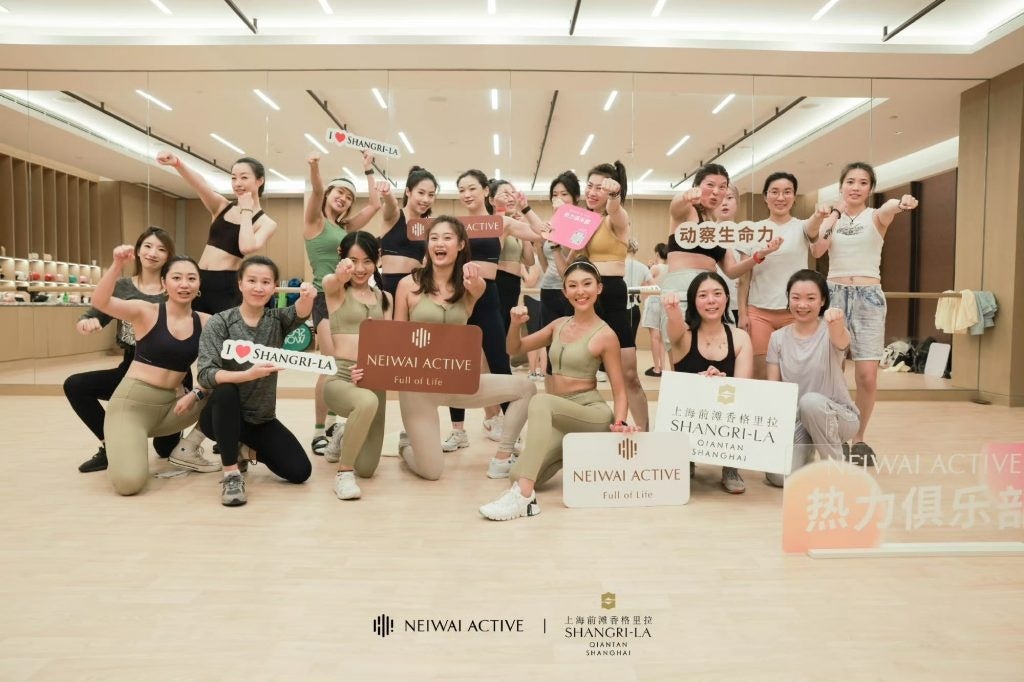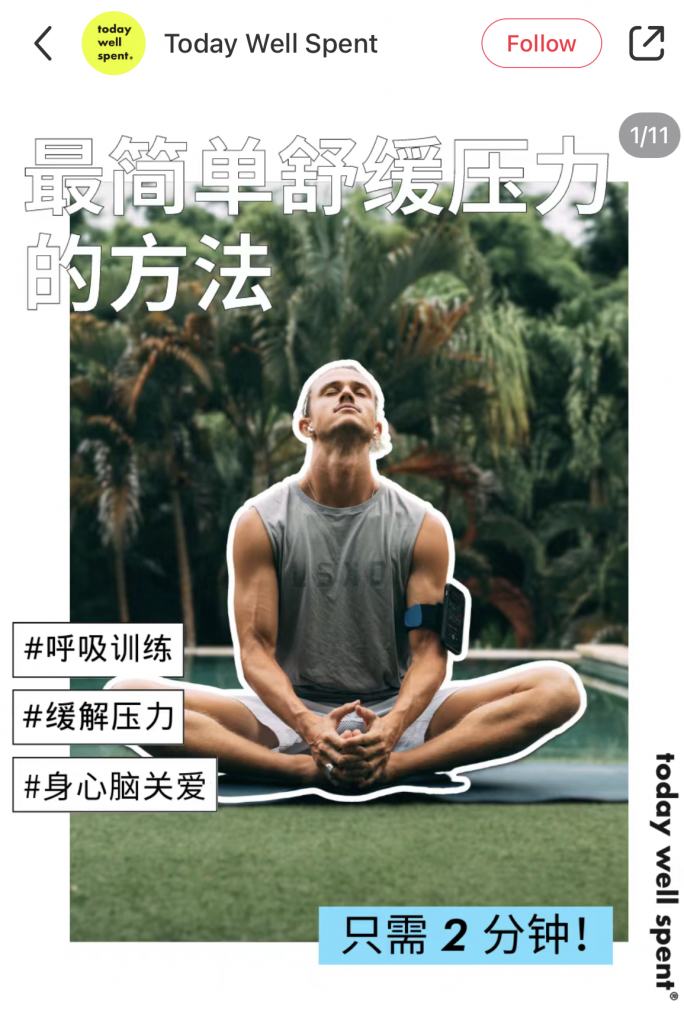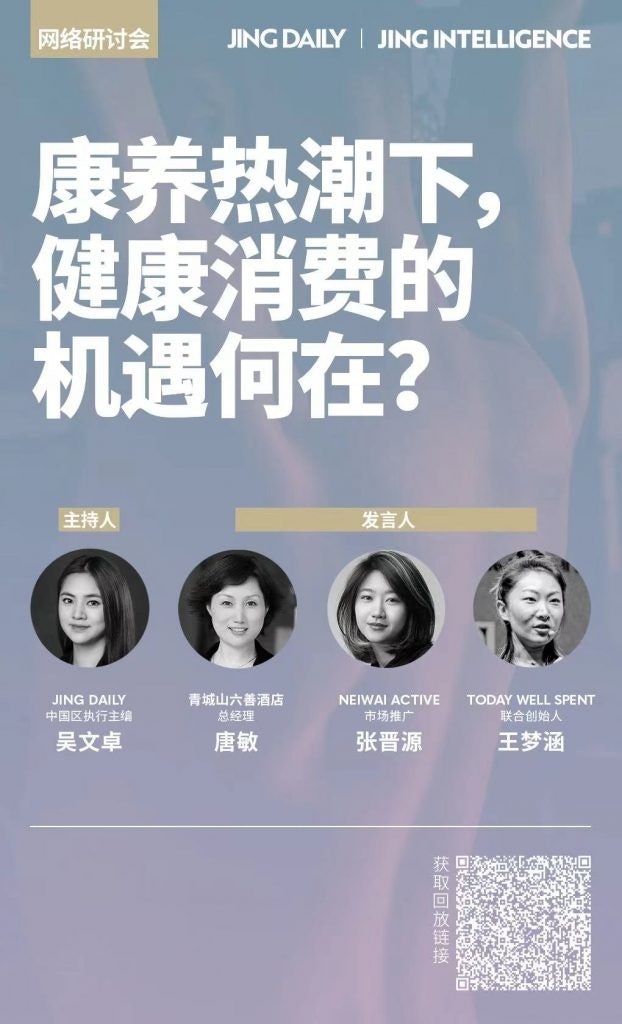A surge in awareness this year, led by the younger generation, has invigorated China's health industry.
This acceleration, attributed to the Covid-19 pandemic, was the focus of the "Opportunities in the Health Market Amid the Wellness Boom" webinar, hosted by Jing Daily China on August 15.
Hosted by Agnes Wu, Managing Editor of Jing Daily China, the webinar brought together Melissa Tang of Six Senses Qing Cheng Mountain Hotel, Coco Zhang from Neiwai Active, and Mensa Wang from lifestyle brand Today Well Spent.
Beyond physical health#
Public understanding of wellness in China has broadened post-pandemic. It’s not just about fitness, though that is part of it. Consumers are now more attuned to the benefits of mental wellness and work/life balance.
"People are more inclined towards nature, seeking a balance of body and mind, and health is no longer limited to physical well-being; it also includes mental and spiritual cultivation," Tang said.
This wider perspective has led to the creation of wellness programs that cater not only to outdoor activities, but also to inner tranquility and balance. Examples include meditation and healing programs at luxury resorts, such as the Six Senses Qing Cheng Mountain Hotel.
Fashion's response#
Fashion and activewear brands like Neiwai Active have also responded to the growing wellness trend. The brand, whose slogan is "movement observes vitality," has seen functional sportswear demand increase sharply, prompting the business to develop its VMX series, which comprises a variety of scene-specific, inclusive, and comfortable clothing categories, alongside its offering of more specialized exercise programs.
Consumers have "deeper demands for health and exercise,” said Zhang.

Young embrace wellness#
Engaging younger consumers is a focus for businesses in this segment.
"Before the pandemic, our ideal target group was those above 30 years old, but now individuals as young as 25 years old, or even younger make up a significant proportion," said Today Well Spent’s Wang.
Growing realization of the importance of both mental and physical well-being has led to booming interest in healthy lifestyles of different sorts.
"Young individuals are gradually realizing the complementary relationship between mental and physical health, viewing exercise as a crucial means to enhance overall well-being, boost energy, and regulate emotions," said Wang.
Community-building#
Community as a force that promotes healthy lifestyles has emerged as a key driver. Group activities in China, such as Nike running clubs or Lululemon and Neiwei yoga classes, provide a place for people to socialize and share common interests, and have emerged as an antidote to loneliness.
"A community gathers people who share common life philosophies, and habits, and can mutually constrain, encourage, and support each other, making things easier," Wang said.
This idea resonates with the Six Senses hospitality brand, which, as Tang explains, aims not only to provide a luxurious resort experience, but to "create a place where people are closely connected to each other and the surrounding world."
Health, fashion and hospitality#
Brands like Neiwai Active have made wellness integral to their identity. For instance, Six Senses Qing Cheng Mountain Hotel has aligned wellness with tourism.
"Exercise allows us to better understand our hearts, fostering a more confident and empowered self," Zhang said.
"By promoting the concept of wellness and health, we aim to inspire people's life aspirations and attract more individuals to engage in a healthy lifestyle," she adds.
Wellness for brands#
Panelists shared their insights on the importance of incorporating wellness into the work environment.
"One of the future trends will be integrating the culture of physical and mental well-being into the DNA of companies, especially large domestic enterprises. Eventually, they will discover that such cultural integration is not 'wasting time,' but rather it will enhance employee efficiency and productivity," Wang said.

The in-depth discussions shed light on China's evolving health consumption landscape, driven by younger consumers, innovation, and an expanded understanding of wellness.
From fashion to hospitality, the nation is on the cusp of a wellness revolution, framed by key figures and brands who are leading the charge. The panelists provided a snapshot of a future where wellness is not merely a passing trend, but a transformative societal shift, one that promises to reshape the very fabric of daily life in China.

